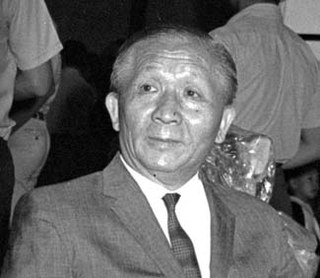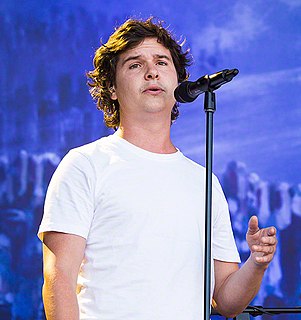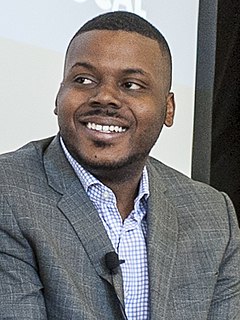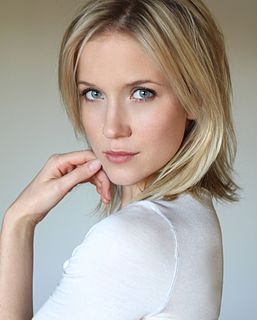A Quote by Wes Craven
When I was a kid, I was taken to something called Telenews in Cleveland by my best friend's father. My own father was gone by the time I was 5, I think, but this man would take us to Telenews at the end of World War II, and we'd watch all these newsreels. I'd seen real stuff. That kind of stuck in my mind.
Related Quotes
The Son is called the Father; so the Son must be the Father. We must realize this fact. There are some who say that He is called the Father, but He is not really the Father. But how could He be called the Father and yet not be the Father?... In the place where no man can approach Him (I Tim. 6:16), God is the Father. When He comes forth to manifest Himself, He is the Son. So, a Son is given, yet His name is called 'The everlasting Father.' This very Son who has been given to us is the very Father.
Man is afraid, the world is a strange world, and man wants to be secure, safe. In childhood the father protects, the mother protects. But there are many people, millions of them, who never grow beyond their childhoods. They remain stuck somewhere, and they still need a father and a mother. Hence God is called the Father or the Mother. They need a divine Father to protect them; they are not mature enough to be on their own. They need some security.
I remember that at the beginning of the month, the kind of menus my mom and father would prepare for us would have fish, chicken. But at the end of the month - because my father would be waiting for paycheck - the refrigerator would get empty. I remember that without a lot of food left, some of the best meals happened right there.
It's important to remember that World War II was experienced very much as a continuity in that sense. Most of World War II in most of Europe wasn't a war; it was an occupation. The war was at the beginning and the end, except in Germany and the Soviet Union, and even there really only at the end. So the rest of time it's an occupation, which in some ways was experienced as an extension of the interwar period. World War II was simply an extreme form, in a whole new key, of the disruption of normal life that began in 1914.
Because the US has control of the sea. Because the US has built up its wealth. Because the US is the only country in the world really not to have a war fought on its territory since the time of the Civil War ... Therefore we can afford mistakes that would kill other countries. And therefore we can take risks that they can't ... the core answer to why the United States is like this is we didn't fight World War I and World War II and the Cold War here.
We have to recognize that the reason that the global order that we've enjoyed and almost take for granted over the last several years exists is that after World War II, the United States and its allies tried to build an antidote to what they had seen between World War I and World War II. There, they'd seen protectionism, beggar-thy-neighbor trading policies, so they said, we'll build an open international economy. And they did that.
There is a myth that the New Deal programs on their own pulled the US out of the Great Depression and created the conditions for the economic boom after World War II. As an economist, I can tell you, that is not true. In reality, it was mainly World War II that launched the boom - the massive war mobilization, the horrifying destruction and death caused by it, and then the reconstruction in its aftermath. he US was the only advanced capitalist country that was not bombed during the war.



































